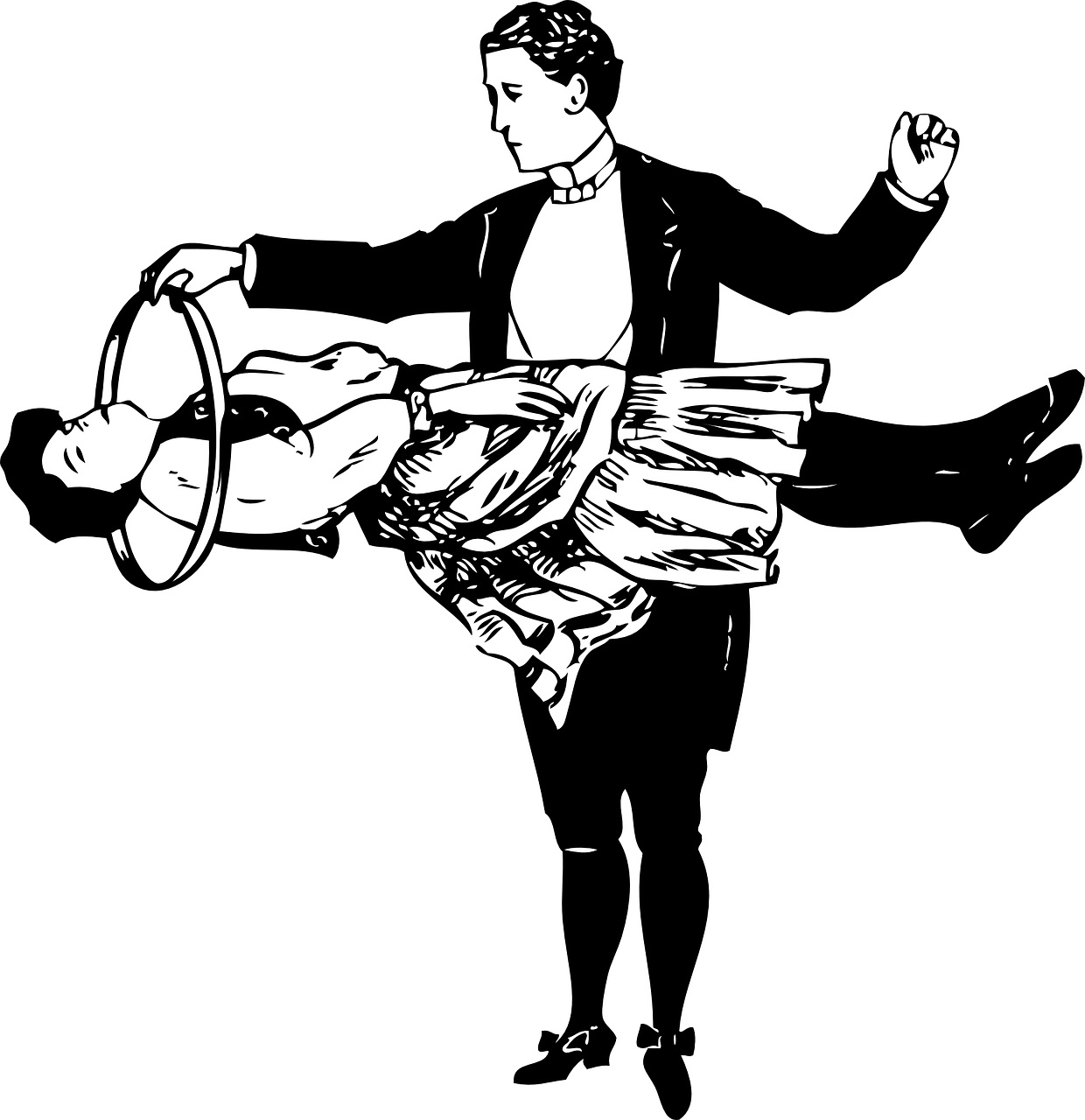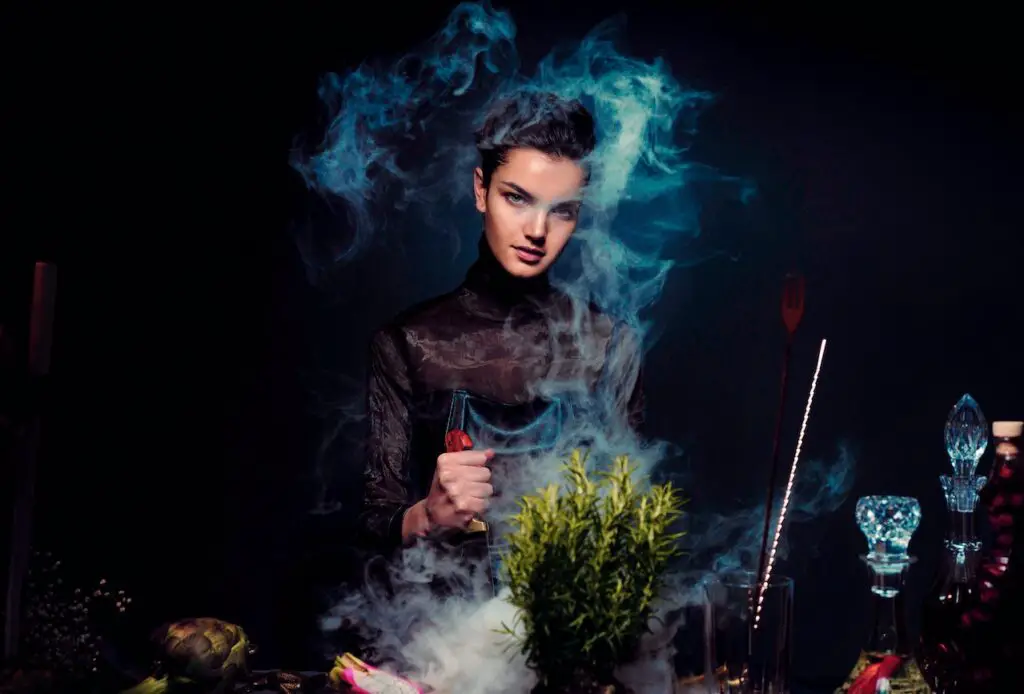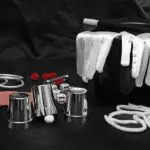
Magician assistants, also known as stage assistants, are an essential part of magic shows. They play a critical role in the performance, helping the magician to create a sense of mystery and wonder in the minds of the audience. While the magician is the star of the show, the assistant is the unsung hero who helps to make the magic happen.
In this article, we will take a closer look at magician assistants, their role in the magic show, and the skills and qualities they need to be successful.
The Role of Magician Assistants
Magician assistants perform a wide range of tasks during a magic show. Their primary role is to assist the magician in performing illusions. They help to set up and prepare the props, assist the magician in getting in and out of confined spaces, and help to create the illusion of magic by distracting the audience’s attention.

One of the most critical tasks of the assistant is to keep the audience’s attention focused on the magician’s performance. The assistant does this by creating a sense of mystery and wonder, distracting the audience from the mechanics of the illusion, and keeping the audience entertained and engaged.
Assistants are also responsible for ensuring the safety of the magician during the performance. Many magic tricks involve dangerous stunts, such as escaping from a locked box or being suspended in mid-air. The assistant must be able to perform their role without putting themselves or the magician at risk.
In addition to their on-stage duties, magician assistants also play an important role offstage. They help to prepare the props and costumes for the show, assist with rehearsals, and help to promote the show through social media and other marketing channels.
Skills and Qualities of a Successful Magician Assistant
Being a magician assistant is not an easy job. It requires a unique set of skills and qualities that are essential for success in this role.
- Physical Fitness: Magician assistants must be physically fit and able to perform a wide range of physical tasks. They may be required to lift heavy props, perform acrobatic stunts, or hold their breath for extended periods. Physical fitness is critical for ensuring the safety of both the assistant and the magician.
- Attention to Detail: Magicians rely on the precise execution of their illusions to create a sense of wonder and amazement. Assistants must have a keen eye for detail and be able to follow the magician’s instructions precisely to ensure the illusion is executed flawlessly.
- Acting Skills: Magician assistants are performers in their own right and must be able to act convincingly on stage. They must be able to maintain their composure, even in high-pressure situations, and be able to perform their role with confidence and poise.
- Flexibility: Magician assistants must be flexible and adaptable, able to adapt to changing circumstances and last-minute changes to the performance. They must be able to work effectively under pressure and be able to improvise if necessary.
- Creativity: Magician assistants play a critical role in creating the sense of mystery and wonder that is essential to a successful magic show. They must be able to think creatively and come up with innovative ways to distract the audience and create the illusion of magic.
- Strong Communication Skills: Magician assistants must be able to communicate effectively with the magician and other members of the production team. They must be able to understand complex instructions and be able to convey information clearly and concisely.
- Professionalism: Magician assistants must maintain a high level of professionalism at all times. They must be punctual, reliable, and able to work effectively as part of a team. They must also be able to maintain their composure and remain calm in high-pressure situations.
Magician Assistant Salaries
The salary of a magician assistant can vary greatly depending on a number of factors such as experience, location, and the size and success of the magic show. In general, entry-level assistants can expect to earn between $10 and $15 per hour, while experienced assistants can earn up to $30 per hour or more.
Some assistants work on a per-show basis and can earn anywhere from $50 to $500 per show, depending on the show’s budget and complexity. Others may be hired on a full-time or part-time basis, with salaries ranging from $20,000 to $50,000 per year.
Assistants who work for high-profile magicians or magic shows may earn significantly more than their counterparts in smaller productions. These assistants may also receive additional benefits such as travel expenses, accommodation, and bonuses.
It’s worth noting that becoming a magician assistant can be highly competitive, with many people vying for a limited number of positions. Assistants who are highly skilled and experienced are more likely to command higher salaries and more desirable positions.
Overall, the salary of a magician assistant can vary greatly depending on a number of factors. While entry-level assistants may earn a modest wage, experienced assistants who work for high-profile magicians or magic shows can earn a comfortable living.
The History of Magician Assistants
Magician assistants have been an essential part of magic shows for centuries.
In the early days of magic, assistants were typically male, and their role was often limited to carrying props on and off stage. However, as magic shows became more elaborate and sophisticated, the role of the assistant evolved to become more central to the performance.
One of the most famous magician assistants of all time was Adelaide Herrmann, the wife of the famous magician Alexander Herrmann. Adelaide began her career as a dancer but soon found her calling as a magician’s assistant.
She quickly became an integral part of Alexander’s act, performing dangerous stunts such as being shot out of a cannon and escaping from a straightjacket while suspended in mid-air.
Another famous magician assistant was Harry Houdini’s wife, Bess Houdini. Bess was an accomplished performer in her own right, and she often performed alongside her husband in his magic shows.
She was involved in many of Houdini’s most famous stunts, including his escape from a water-filled milk can and his escape from a straightjacket while suspended upside down.
Today, magician assistants come in all shapes and sizes and can be male or female. Many assistants have backgrounds in dance, gymnastics, or theatre, and they often bring their unique skills and talents to the performance.
The Importance of Magician Assistants in Modern Magic Shows
Despite the advances in technology and special effects, magician assistants continue to play an essential role in modern magic shows. They help to create the sense of mystery and wonder that is essential to a successful performance and ensure that the illusion is executed flawlessly.
One of the key benefits of having a magician assistant is that it allows the magician to focus on their performance. The assistant takes care of many of the technical details, allowing the magician to concentrate on creating the illusion and engaging with the audience.
Another benefit of having a magician assistant is that it can make the performance more dynamic and exciting. By incorporating acrobatic stunts or dance routines, the assistant can add an extra layer of entertainment to the show and keep the audience engaged throughout the performance.
Magician assistants also play an important role in promoting the show and engaging with the audience. They can help to create a sense of excitement and anticipation before the show, and they can interact with the audience during the performance to create a more immersive and engaging experience.
Final Thoughts
Overall, magician assistants are a critical component of modern magic shows. They bring their unique skills and talents to the performance, helping to create a sense of mystery and wonder and ensuring that the illusion is executed flawlessly.
While the magician may be the star of the show, the assistant is the unsung hero who helps to make the magic happen.
The magician started magic as a kid and has learned from some of the greats. He loves to share his knowledge with others and help out with the subtleties he’s learned along the way.
Follow on YouTube at the link below to get free tricks and advice!

